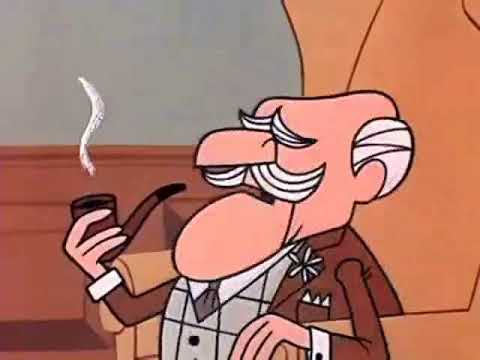I've been thinking about narrative and I think there is one more axis that needs to be folded in. There is narrative distance. There is narrative perspective. And there is narrative awareness.
The last is only a choice with 1POV. In first-person perspective, you can draw a bit of a line; near one end, the narrator who is aware of telling a story (with a listener to that story an implicit corollary), at the other, the story is a window onto a stream of consciousness.
The chatty, this could be a conversation between you the reader and the narrator, mode seems to be the most common way of doing 1POV. It is very convenient to the writer. This kind of narrator can recognize when something needs more explanation:
"It was clearly the accretion disk of a black hole. I'd studied astrophysics for six years at Cornell; so believe me when I tell you that."
Out past that point the line continues, from "Dear Diary" and other direct acknowledgements of the assumed readers, out to at least what I call the "Commander McBragg" mode. Aka "Good heavens, Commander! What did you do?" The Laundry stories by Charles Stross flirt with this end of the line; first revealing in Bob's direct words that this is an account he was required to write so that when the tentacled horrors finally got him, his replacement would have better warning, then later revealing more obliquely that "Bob" is probably not his real name, and that he can't exactly be trusted to produce an unbiased narrative. His ex, M'hari, comes across much, much differently when viewed from different viewpoint characters later in the series.
On the other end, backing off a little from pure stream of consciousness is the mind that is conscious of the thought process. A mind that is in fact processing what is happening, and to some extent watching itself react. It could be that the innermost end of the line corresponds to the deepest of deep immersion in 3POV; the narration that knows the protagonist much better than they know themselves. The stream-of-consciousness is unfiltered Id, not just the thoughts but all the emotions, all the unconscious associations, all the stuff happening under the rationalizations.
The more aware 1POV narrator is the one who is capable of lying to herself, and thus to the reader.
And there's a reason why this end of the 1POV "awareness" scale is more often found in present tense. The direct access to the inner voice just feels right with present tense. There's no temporal grace to think about what happened and what it means and how the narrator wants to react to it. They can only react, fully in the moment.
It may even be that the awareness of the narrator tracks closely with the temporal distance from events. That "standard YA narrator" is experiencing it all first-hand and for the first time. The "Dear Diary" already explicitly presents that the narrator is looking back on what has already happened. They are left completely free to use formations such as, "Had I known then..."
The "Commander McBragg" takes the longest temporal step of all, since it usually takes place within a framing story that makes not just the events of any particular chapter, but the conclusion of the entire adventure already known before the first words of the narration begin.
When you get closer to the instant, it becomes increasingly important to control time. Anything that didn't happen just now is something that had to have happened earlier, and that has to be made clear. There is a reason why 1POV narratives tend to turn into minute-by-minute recounting. And why it is such a good match for the detective story, where this is basically what they do; walk around, talk to people, get beat up by hoods; every meal, every cab ride accounted for in the text.
When you make a jump in time or an elision you the writer need to orient the reader. Maybe, sometimes, you can just start on a train. Most of the time some explanation is necessary, and that information is either some current observation or choice, or a jump backwards into past perfect to show that choice or that information more directly.
"The wheels clacked under me as we entered the long winding jungfrau tunnel. I had boarded the train at ten thirty this morning in Grindelwald, and..."
The closer you get to the narrative moment, both in time and in the ability of the narrator to reflect on it before putting it into words, the more you may have to explain why this sudden dash into event that are not happening before the narrator's eyes. Going back to the first example, why are they thinking about their university career now? (Not to mention, who are they explaining this to, considering the narrator was presumably themselves present for that education!)

No comments:
Post a Comment